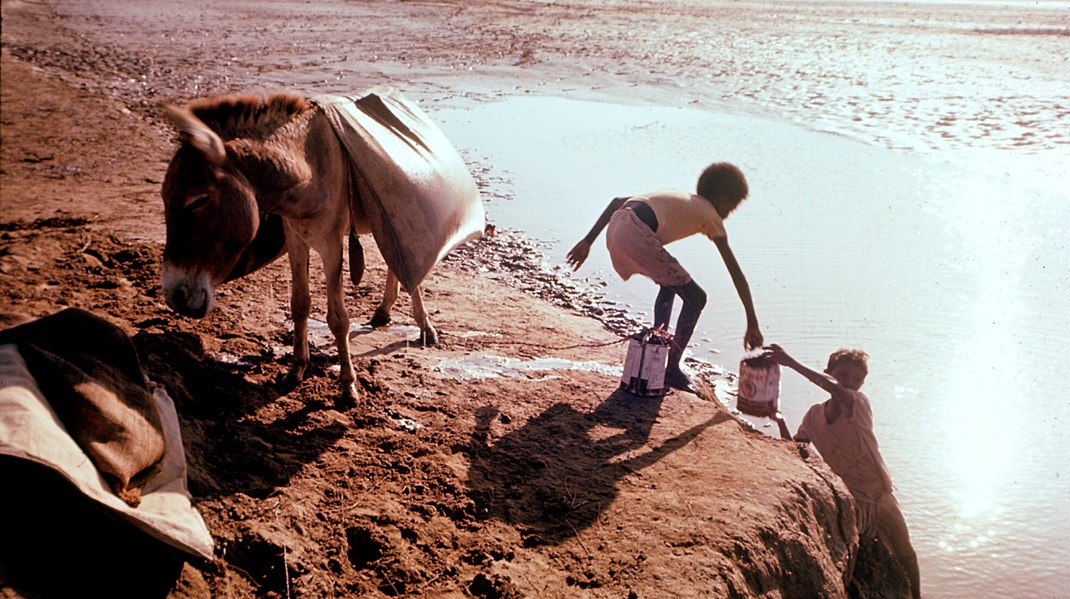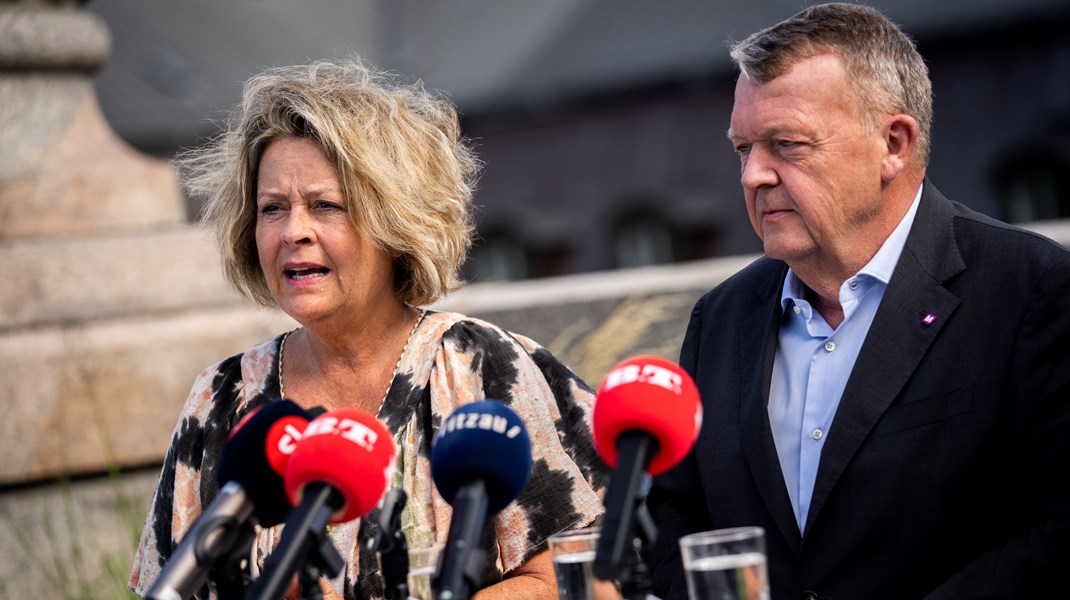Air drops bring food to increasingly desperate South Sudanese
Air drops: food from the skies, are the last option to deliver supplies to the hungry, but in many parts of South Sudan, such as Maar, in Jonglei Province, they have become the only option. Conflict has made more efficient deliveries by road impossible. The United Nations has already declared a famine in parts of South Sudan, and the ICRC is dropping tonnes of food aid to thousands of displaced civilians, and the communities who are hosting them. Lang Biliu of the South Sudanese Red Cross is on the ground, helping to distribute the supplies. As he explains, even if those driven from their homes by the conflict had money to buy food, they would not, now, be able to find it.
“No food in the market,” he says. “Whenever you get money you go and buy for yourself, it is not there. The only food they get is this food which is dropped.”
Every time an airdrop happens, thousands gather, waiting patiently for what is sometimes their first real food in days. Whole families, from the very young to the very old, have fled their villages, their livestock, and their crops, leaving them with nothing. Nyayiek Gathwech is the mother of 8 children. Now, she is struggling to feed them.
“The only thing we have is wild fruit, and the leaves from the trees,” she says. “We’ve been cooking the leaves and eating them.”
At the same time, the communities hosting the displaced are under strain: there just isn’t enough food to go round. The damage caused by hunger is all too visible. Adults, like Chuol Totjiok, regularly go without, in order to try to make sure children have something to eat.
“We are suffering,” he says. “We have nothing to eat.”
The ICRC began food drops to Maar in March this year, aiming to reach 20,000 people. But such deliveries are only a short term measure, an attempt to avoid the disaster of famine for a few months perhaps. In the long term, as the ICRC’s director of operations Dominik Stihlhart said recently, “Famine is a by-product. The root cause is the presence of long term, intractable conflict. It's the conflict that renders agricultural land unusable, that forces people to flee their homes, and that destroys hospitals and other vital services.”
The ICRC this month appealed for $400 million to help people not just in South Sudan, but in humanitarian crises in Yemen, Somalia, and north-east Nigeria too. The UN estimates that 20 million people are in need of basic, life saving supplies in these four countries. In South Sudan, in Maar and in Mundri, where some road deliveries are still possible, the ICRC is also trying to look ahead to the next planting season, in the hope that, if some measure of peace returns, people can try to rebuild their lives.
“Food can last only one month,” explains ICRC delegate Khurshed Musoyatov. “They still need some support and that’s why in Maar we are not distributing only food but also seeds and tools so they can produce food next season and help restore food production.”
But next season is many hungry days and weeks away. With the help of the ICRC, people in South Sudan can get started on planting, but while they wait, and hope, for the new crops to grow, they will still be looking to the skies for the food to keep them alive.
Download this footage from ICRC Video Newsroom
www.icrcvideonewsroom.org
For further information, please contact:
Jason Straziuso, ICRC Nairobi: +254 733 622 026
Alyona Synenko: + 211 912 360 038
Aurelie Lachant, ICRC Geneva: +41 79 244 64 05


